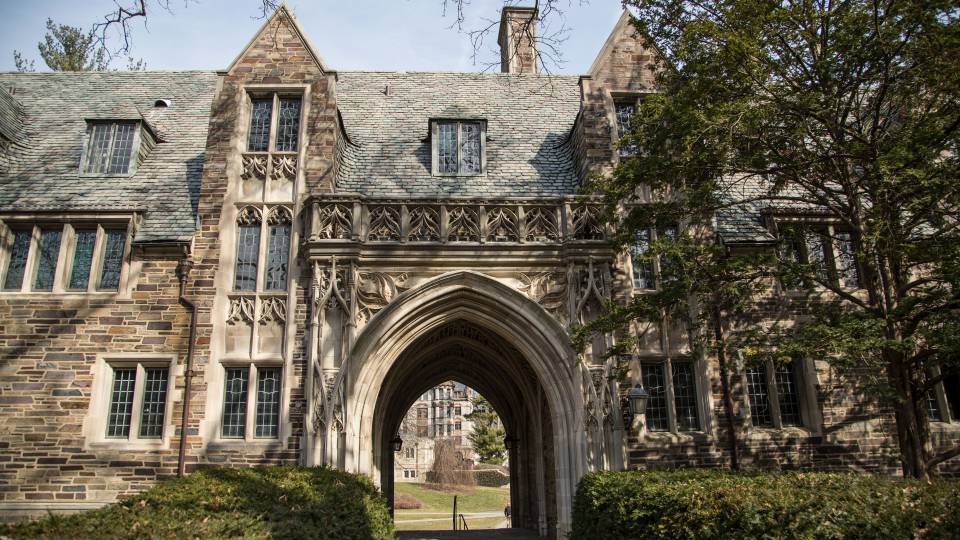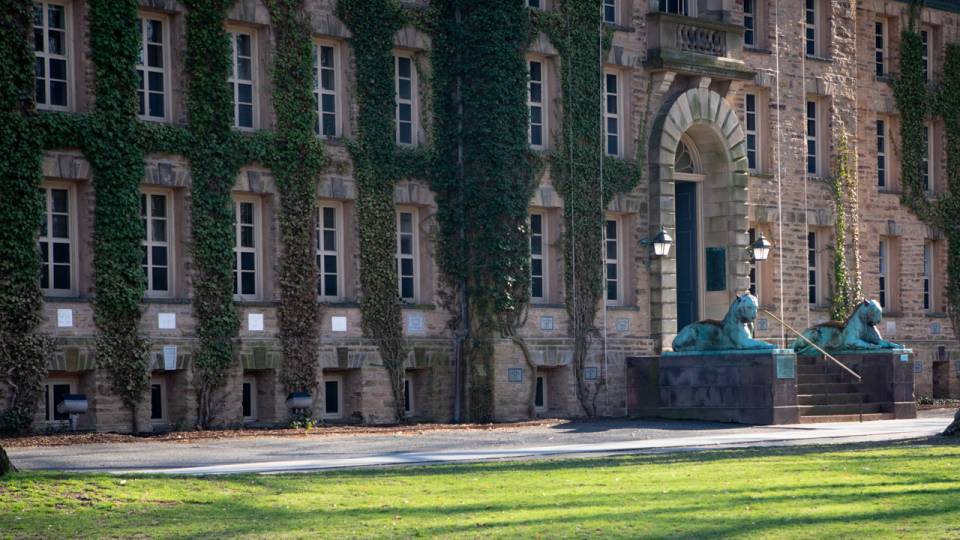Ten Princeton University faculty members were transferred to emeritus status in recent action by the Board of Trustees. Transfers are effective July 1, 2020, except where noted.
They are:
- Christopher Achen, the Roger Williams Straus Professor of Social Sciences, and professor of politics;
- Jay Benziger, professor of chemical and biological engineering;
- Joanne Gowa, the William P. Boswell Professor of World Politics of Peace and War and professor of politics;
- Robert Gunning, professor of mathematics;
- Deborah Nord, the Woodrow Wilson Professor of Literature and professor of English;
- Willard Peterson, the Gordon Wu ’58 Professor of Chinese Studies and professor of East Asian studies and history;
- Warren Powell, professor of operations research and financial engineering; effective Sept. 1, 2020;
- Robert Stengel, professor of mechanical and aerospace engineering;
- Ezra Suleiman, the IBM Professor in International Studies and professor of politics; and
- Shirley M. Tilghman, president of Princeton University emerita and professor of molecular biology and public affairs.
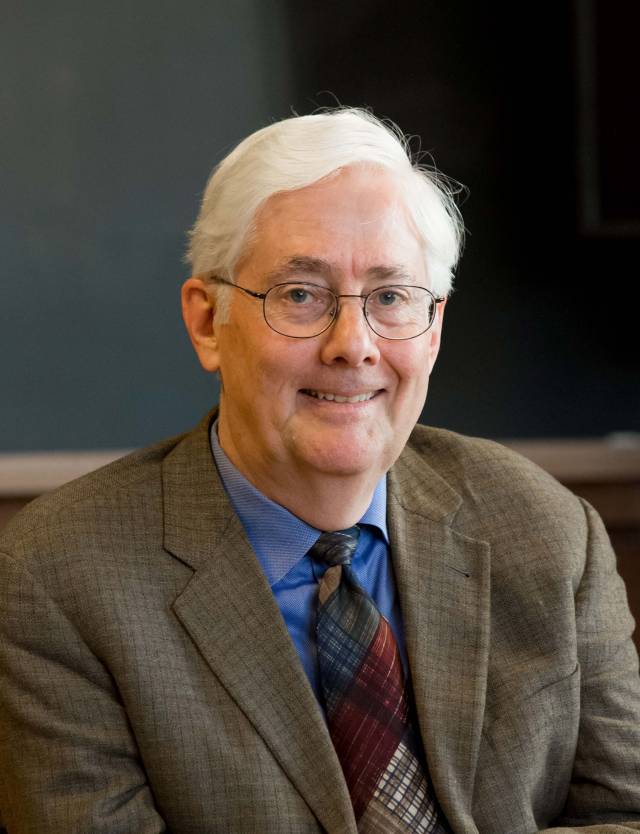
Christopher Achen
Christopher Achen is a leading political methodologist and advocate for developing the field of quantitative methodology in the discipline. He contributed to every major subfield of political science, publishing not only in behavior and methodology in the American context, but also on comparative political systems, rational deterrence theory in international relations, and the empirical foundations of political theory. From 1983–85, he was the founding president of the Society for Political Methodology.
Achen, who joined the Princeton faculty in 2004, published three influential monographs on political methodology: on regression analysis, threats to causal inference using observational data, and ecological inference. His long involvement with survey research added another applied element to his experience with quantitative study of politics.
He has written about the organization of ordinary people’s political belief systems, voter turnout and decision-making, representation, and accountability (or its lack) in contemporary democracies. While a good deal of his research focuses on the American context, his international collaborations included co-directing book-length projects about decision-making in the European Union and voting behavior in Taiwan. He is the co-author, with Larry Bartels, the Donald E. Stokes Professor in Public and International Affairs, Emeritus, and professor of politics and public affairs, emeritus, at Princeton, of “Democracy for Realists: Why Elections Do Not Produce Responsive Government” (2016), a landmark and wide-ranging account of voter decision-making.
Achen led efforts to promote greater diversity at Princeton and in the discipline more broadly, including articles he has written to the Society for Political Methodology urging greater efforts at inclusiveness within the field.
Achen earned his bachelor’s degree from the University of California-Berkeley and his Ph.D. from Yale University.

Jay Benziger
Jay Benziger has advanced the study of surface science, as well as other research areas including fuel cell behavior and fuel cell performance. Another longstanding effort of his research has been the large-scale production of ultra-pure organic liquids, which are employed as the scintillators in the detection of solar neutrinos, including the Princeton-led Borexino experiment, installed beneath Gran Sasso mountain in Italy.
Benziger joined the Princeton faculty in 1979. His contributions to Princeton’s teaching program are far-reaching and include the revitalization of the core laboratory course in chemical engineering, broadening the experiments, and with a focus on critical data analysis and presentation that served undergraduates well as a foundation for their theses. He taught this course on and off, throughout his 41 years on the Princeton faculty. He also played an integral role in the development of the courses in ethics and technology, energy technologies in the 21st century, an entry-level course in the Program in Sustainable Energy, and several laboratory modules for “Introduction to Engineering.” He was an active adviser to student groups participating in the engineering “Community Project Studio” courses since their inception.
As departmental representative for chemical engineering, he led the reorganization of the undergraduate curriculum into essentially the form it has today, including the incorporation of biology and the introduction of six elective “tracks,” or areas of focus.
Benziger received his bachelor’s degree from Carleton College, his master’s from Columbia University and his Ph.D. from Stanford University.

Joanne Gowa
Joanne Gowa made fundamental contributions to the scholarship of international relations and has been a leader in the development of a modern discipline of political science at Princeton.
Her first book, “Closing the Gold Window: Domestic Politics and the End of Bretton Woods (1983),” was one of the first works to integrate international political economy and domestic politics and was the first to import the bureaucratic politics approach into international political economy. Her book “Ballots and Bullets: The Elusive Democratic Peace” (1999) examines the theory that democracies are less likely to go to war against one another than non-democratic countries.
Gowa, who joined the Princeton faculty in 1990, was also one of the few international relations scholars to bridge the subfields of international political economy and security studies. Her major works in this area include “Allies, Adversaries, and International Trade” (1994) and an important paper, “Bipolarity, Multipolarity, and Free Trade” (1989). She was also a pioneer in bringing rigorous quantitative and rational choice methods to the field of international political economy.
Her professional service includes memberships on the editorial boards of both of the leading journals in international relations, World Politics and International Organization, as well as the discipline’s flagship journal, the American Political Science Review. She served on several committees of the American Political Science Association and was elected to the association’s governing body, the APSA Council. At Princeton, she devoted an immense amount of energy to supporting and mentoring undergraduate and graduate students, serving as director of graduate studies and director of undergraduate studies in the Department of Politics and, for five years, as director of the Fellowship of Woodrow Wilson Scholars. Her contributions to teaching and mentoring were recognized by the Stanley Kelley teaching award in the Department of Politics.
At Princeton, she also is widely regarded for guiding a methodological diversification of the department’s approach to international studies that increased the representation of quantitative and formal work.
She earned her bachelor’s degree at Tufts University, her M.P.A. from the Princeton School of Public and International Affairs (formerly the Woodrow Wilson School), and her Ph.D. in politics from Princeton.
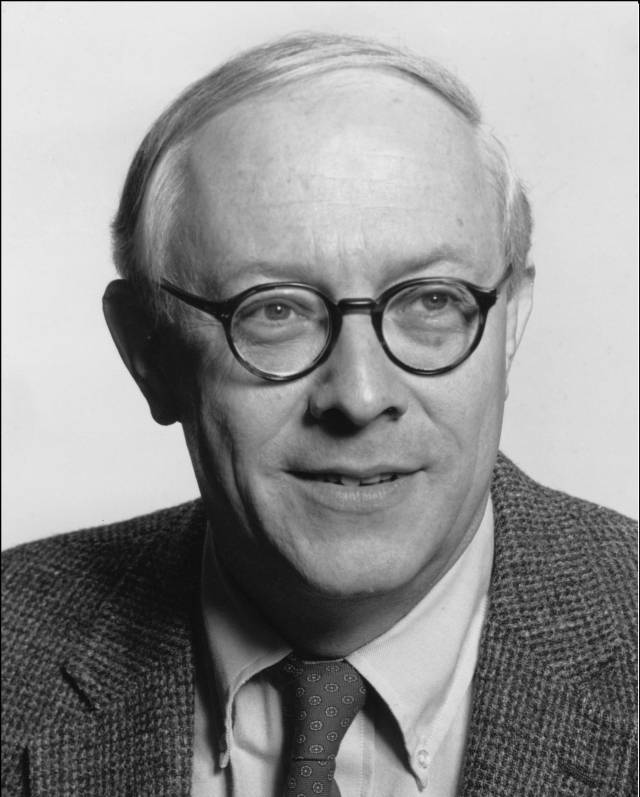
Robert Gunning
Robert Gunning has contributed greatly to the field of mathematics, in particular to function theory of one and several variables, and is known for authoring many books in this area. Among other accomplishments, he introduced indigenous bundles, and found a solution to the Schottky problem in the theory of Riemann surfaces.
He joined the Princeton faculty in 1956 and has been affiliated with the Department of Mathematics for more than six decades, nearly his entire career. He received the President’s Award for Distinguished Teaching in 2003.
Gunning has contributed extensive service to the University, and to the mathematical community as a whole. He served as the chair of the mathematics department from 1976–79, and chief marshal for University convocations for a decade before becoming dean of the faculty from 1989-1995. He was a member of the editorial board for Princeton University Press from 1969-73, and holds fellowships in the American Mathematical Society and the American Association for the Advancement of Science.
Gunning received his undergraduate degree in mathematics from the University of Colorado-Boulder, and his Ph.D. from Princeton.
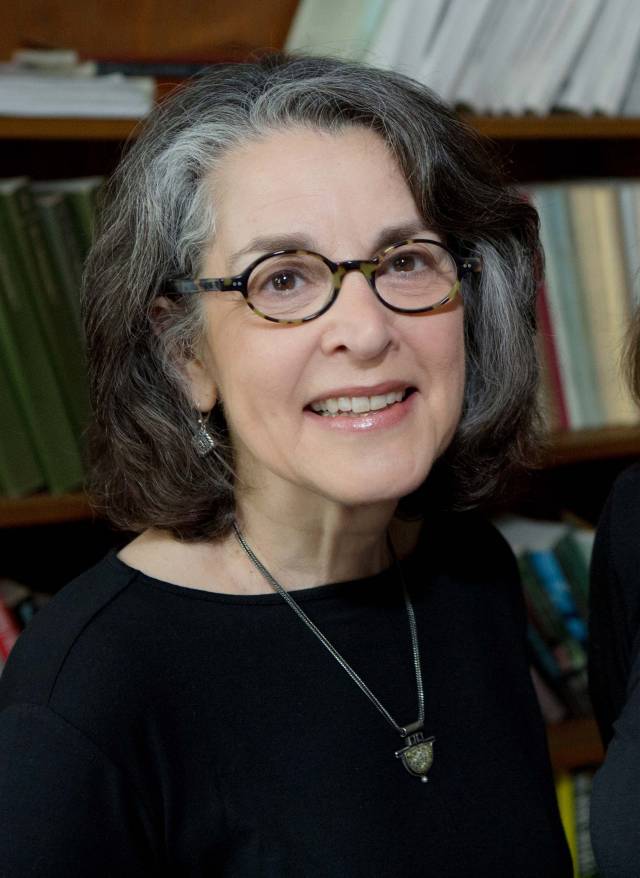
Deborah Nord
Deborah Nord is a scholar of Victorian literature and culture. She is widely regarded for her contributions to interdisciplinary studies of gender and women’s writing, literature of the city, autobiography, and the relation between the visual arts and literature.
Her work has engaged with crucial questions about the relation between public and private life. Her scholarship, which questions even as it acknowledges limits set by domestic thresholds, explores the formation of female public authority in the 19th century and beyond.
Nord, who joined the Princeton faculty in 1990 after serving as a visiting associate professor in 1989, is the author of “The Apprenticeship of Beatrice Webb” (1985); “Walking the Victorian Streets: Women, Representation, and the City” (1995); “Gypsies and the British Imagination, 1807-1930” (2006); and, with Maria DiBattista, “At Home in the World: Women Writers and Public Life, from Austen to the Present” (2017). She also was the editor of John Ruskin’s “Sesame and Lilies” (2002). She is currently working on a project about the relationship between 19th-century fiction and the visual arts, the first part of which was published as “George Eliot and John Everett Millais: The Ethics and Aesthetics of Realism” in the spring 2018 issue of Victorian Studies.
In 2013, Nord was awarded the President’s Award for Distinguished Teaching.
She earned her bachelor’s degree at Barnard College, after which she two years in an M.A. program at the Victorian Studies Center of the University of Leicester and then earned her Ph.D. from Columbia University.
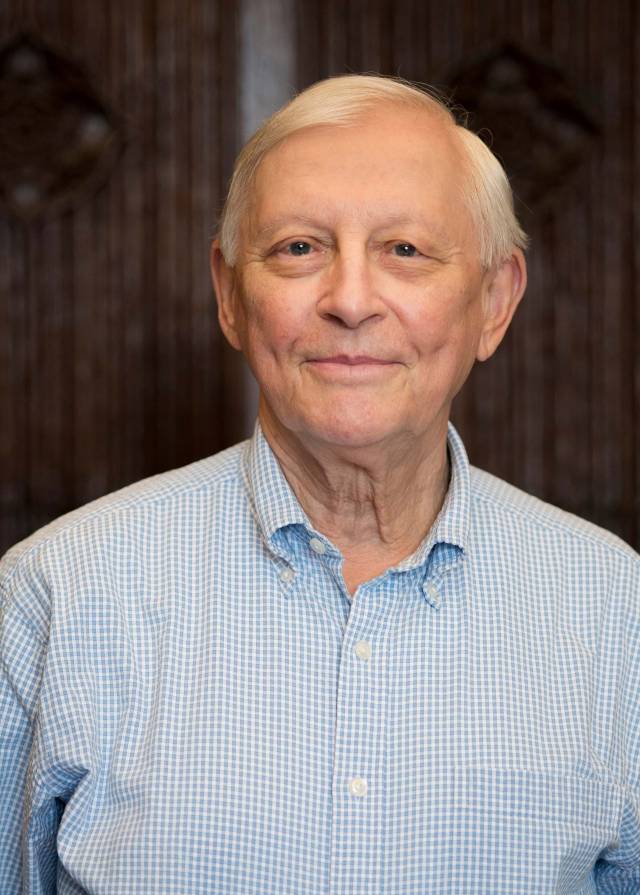
Willard Peterson
Willard Peterson is one of the world’s foremost experts in 17th-century Chinese history. He earned his bachelor’s degree from the University of Rochester, spent a year in graduate studies at Yale University for graduate studies, then went on to complete his master’s at the School of African and Oriental Studies at the University of London, and earned his Ph.D. at Harvard University. A major portion of his 1970 Harvard dissertation was published in 1975 as a long essay, “Fang I-chih, Western Learning and the ‘Investigation of Things,” followed by his first book, “Bitter Gourd: Fang I-chih and the Impetus for Intellectual Change” (Yale University Press, 1979), both of which are now classics in the field.
In 1971, Peterson joined the Princeton faculty and began his 49 years of teaching at the University, helping shape the Department of East Asian Studies from a new department into a robust intellectual community. He was the department’s longest-serving chair (1988-1999), taught courses ranging from the annually team-taught “History of East Asia to 1800,” “Intellectual History of China to the Fifth Century” and “Intellectual History of China from the Ninth to the 19th Century.” He served as main or second Ph.D. dissertation adviser for dozens of students over the years, across an extremely wide range in terms of both time period (some 2,500 years from antiquity through the 19th century) and historical disciplines.
Peterson’s career has been inextricably linked to one of the grandest of all projects in Chinese studies, the multi-volume “Cambridge History of China,” an enterprise initiated by his mentor Denis Twitchett at Princeton. Today, after some 30 years of his involvement and authorial contributions of hundreds of pages, the entire “Cambridge History” is now finally nearing completion, having been sustained over time by a succession of grants and an influx of new authors and volume editors.
He also published on philosophy and intellectual history of Chinese antiquity, to encompass the entire time span of premodern China.

Warren Powell
Warren Powell is a leading expert in operations research and civil engineering. He earned his bachelor’s degree from Princeton and received his Ph.D. from MIT and returned to Princeton in 1981 as a faculty member in civil engineering. He helped shape the operations research program at the University, where he saw the opportunity to bring the mathematical foundations directly to engineers solving real problems.
His career coincided with the deregulation of freight transportation in 1980, creating a sudden market for advanced planning tools at a time when computers were just starting to become useful. He was quickly attracted to the analytical challenges faced by the trucking industry, for which he developed strategic and operational planning models that are still in use today.
His work in stochastic optimization led to his founding in 1990 of CASTLE Lab, which became renowned for bringing advanced analytics to a wide range of problems in transportation and logistics in trucking, locomotive management for rail, military airlift, drayage, spare parts management, vehicle routing and scheduling, and supply chain management.
Powell’s research was supported by over $50 million in funding from over 70 different projects, including industrial companies and government grants. He wrote two books, “Approximate Dynamic Programming” (now in its second edition) and “Optimal Learning,” along with an online book “Sequential Decision Analytics and Modeling.” He is nearing completion of “Reinforcement Learning and Stochastic Optimization: A Unified Framework for Sequential Decisions.”
His work contributed to three startups: Princeton Transportation Consulting Group, Transport Dynamics and Optimal Dynamics. He started Optimal Dynamics in 2016 with his son Daniel Powell as president and CEO, and he is looking forward to continuing working with the company after he retires from Princeton.
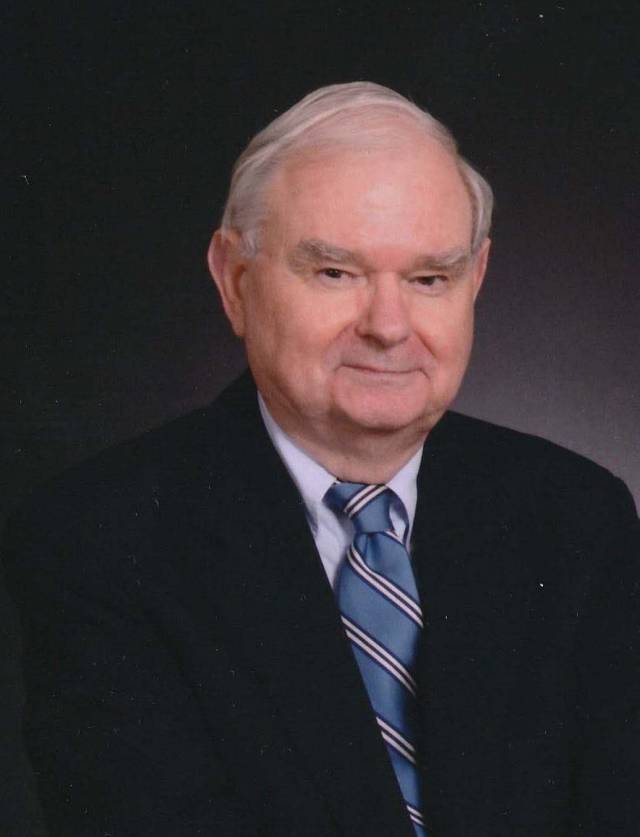
Robert Stengel
Robert Stengel, a preeminent mechanical and aerospace engineer, began his career at the Digital Autopilot Group at the MIT Instrumentation Laboratory (I-Lab), where the Apollo Guidance System was conceived and implemented. There he designed the Lunar Module’s (LM) manual attitude control system, which allowed Neil Armstrong and five others to fly to the lunar surface. He later created a preliminary design for the Space Shuttle Atmospheric Control System, facilitated the installation of an Apollo computer in the world’s first supersonic digital fly-by-wire (DFBW) airplane, analyzed the flight stability of supersonic transports, and conceptualized a bedside biomedical computer, a forerunner of today’s laptop-based EKG systems.
Stengel joined the Princeton faculty in 1977, where he was director of the Flight Research Laboratory and taught graduate courses in flight dynamics and automatic control, aircraft guidance and control, and optimal control and estimation. He created the long-running space flight engineering course that morphed into the two-term sequence at the core of the spacecraft track for students in the MAE department’s undergraduate aerospace program. He also created the first engineering freshman seminar, “From the Earth to the Moon,” and the undergraduate course “Robotics and Intelligent Systems,” filling a large gap in the undergraduate curriculum. He directed a certificate program of the same name with over 350 students receiving the certificate at graduation.
He is the author of two books, “Optimal Control and Estimation” (1986) and “Flight Dynamics” (2004), currently are the second and third bestsellers in their fields. He is preparing a second edition of “Flight Dynamics” with added emphasis on control systems. He and his students have laid the groundwork for applications of artificial intelligence in control, failure-tolerant control, heuristic dynamic programming for adaptive control, optimized air traffic control, and safe flight through microburst wind shear. His research has also focused on applications of engineering techniques to biomedical problems.
Stengel is a Life Fellow of the Institute of Electrical and Electronics Engineers and a Life Fellow of the American Institute of Aeronautics and Astronautics. He has received the AIAA Mechanics and Control of Flight Award, the AIAA Pendray Aerospace Literature Award, and the John R. Ragazzini Education Award of the American Automatic Control Council. He is a co-recipient of the FAA’s first Excellence in Aviation Award.
Stengel earned his bachelor’s degree from MIT and his Ph.D. from Princeton.

Ezra Suleiman
Ezra Suleiman, a leading scholar of political science, joined the Princeton faculty in 1971, serving for more than four decades. He has made lasting contributions to the study of comparative bureaucracy, French politics, and the relationship of bureaucratic and political elites. He has also made important public policy statements to help the world understand the important role of bureaucracies in good governance.
He is the author of numerous influential books including “Politics, Power and Bureaucracy in France” (Princeton University Press, 1974), “Elites in French Society: The Politics of Survival” (Princeton University Press, 1978), “Private Power and Centralization in France” (Princeton University Press, 1988) and “Dismantling Democratic States” (Princeton University Press, 2003). He is co-author of “The European Commission and Bureaucratic Autonomy” (Cambridge University Press, 2012).
At Princeton, he founded and directed the Program in Contemporary European Politics and Society.
His honors include the Guggenheim, the French Legion of Honor, and awards from the German Marshall Fund, the ACLS, the Institute for Advanced Study in Berlin, and the Institute for Advanced Study in the Netherlands. He is also the recipient of three honorary degrees from French universities as well as being elected to the French Academy of Political and Moral Sciences.
A native of Iraq who began his schooling in England at the age of 8, Suleiman earned his bachelor’s degree from Harvard University, pursued graduate education in Paris at the Sorbonne and in London at the School of Oriental and African Studies, and earned his Ph.D. at Columbia University.
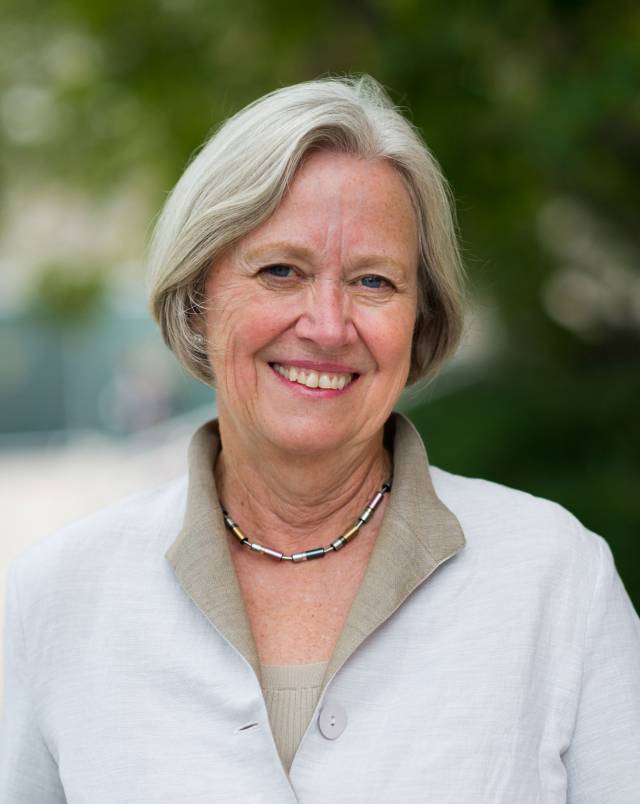
Shirley M. Tilghman
Shirley M. Tilghman, a renowned molecular biologist and president of Princeton University emerita, was instrumental in the molecular cloning of the first mammalian genes at the National Institutes of Health, in particular the mouse beta-globin gene, which provided significant insight into the regulation of gene expression. At the Institute for Cancer Research at the Fox Chase Cancer Center in Philadelphia, she and her team characterized enhancer sequences in the DNA that allow tissue specific regulation of the expression of the two genes, which was another important step in the understanding of eukaryotic gene regulation.
She joined the Princeton faculty in 1986, soon after the newly built Lewis Thomas Laboratory opened. In 1988, she also became a member of the Howard Hughes Medical Institute. At Princeton, she continued her research focus on her longstanding interest in the control of gene expression in developing mouse embryos, and launched her now textbook analysis of parental imprinting in mice.
Tilghman was one of the founding members of the National Advisory Council of the Human Genome Project for the National Institutes of Health. She served on the National Research Council’s committee that set the blueprint for the U.S. effort in the Human Genome Project. Launched in 1990, this multinational project resulted in the publication of the first draft of the human genome in 2000, a watershed moment that provided an extremely valuable resource for biologists working in many fields, ranging from evolution to development to cancer.
Throughout her career, Tilghman was exemplary in serving the larger scientific community, for instance, chairing the Molecular Biology Study Section at the National Institutes of Health; joining scientific advisory boards and committees of the Jackson Lab, the Whitehead Institute, and Genentech; serving as a trustee of the Cold Spring Harbor Laboratory, and Rockefeller University, as well as King Abdullah University of Science and Technology; and becoming the founding chair of Princeton’s Lewis-Sigler Institute.
At Princeton, her teaching was highly praised; in 1996, she received the President’s Award for Distinguished Teaching. She initially taught classes in her favorite subject, developmental biology, but she also became fascinated with interdisciplinary teaching on public health policy, which she pursued rigorously and to consistent high accolades from the students, in collaboration with the Princeton School of Public and International Affairs (formerly the Woodrow Wilson School). She also enjoyed teaching freshman seminars, where she could pass on the excitement for modern approaches in biology to the next generation of aspiring scientists.
Tilghman served as the first woman president at Princeton from 2001-13. Her legacy as president is far-reaching and distinguished by major achievements in many areas: an 11% increase in the size of the undergraduate student body; the launch of the four-year residential college system, with Whitman College opening in 2007, and a significantly transformed Butler College in 2009; a major increase in the number of undergraduates on financial aid and in the amount of aid awarded to them; the establishment of important new academic programs and facilities, including the Lewis Science Library, the Lewis Center for the Arts, the Princeton Neuroscience Institute, the new Frick Laboratory for the dramatically strengthened Department of Chemistry, the Princeton Institute for the Science and Technology of Materials (PRISM), the Andlinger Center for Energy and the Environment, and the Center for (now Department of) African American Studies.
Another focus of her administration was the development of international programs. This work began with the creation of the Princeton Institute for International and Regional Studies (PIIRS). Among other efforts were the creation of the Bridge Year Program and the Global Seminars, the expansion of other opportunities for undergraduates to engage in study and work abroad, and programs to build ties between faculty members and their colleagues at foreign universities. During her presidency, the five-year Aspire Campaign, which ended in 2012, raised a record $1.88 billion. After retiring from the presidency, she returned to the faculty in the Department of Molecular Biology and the Princeton School of Public and International Affairs.
Tilghman is a member of the American Philosophical Society, the National Academy of Sciences, the National Academy of Medicine and the Royal Society of London. She has served as a member of the Harvard Corporation, a trustee of Amherst College, the Carnegie Endowment for International Peace, and Leadership Enterprise for a Diverse America, and as a director of Google Inc. Among her many honors are the L’Oréal-UNESCO Award for Women in Science (2002), the Lifetime Achievement Award from the Society for Developmental Biology (2003), and in 2007, she was awarded the Genetics Society of America Medal for outstanding contributions to her field.
A native of Canada, Tilghman earned her B.Sc. degree from Queen’s University in Kingston, worked for two years as a secondary school teacher in Sierra Leone in the Canadian University Services Overseas Program, then earned her Ph.D. studies at Temple University.



